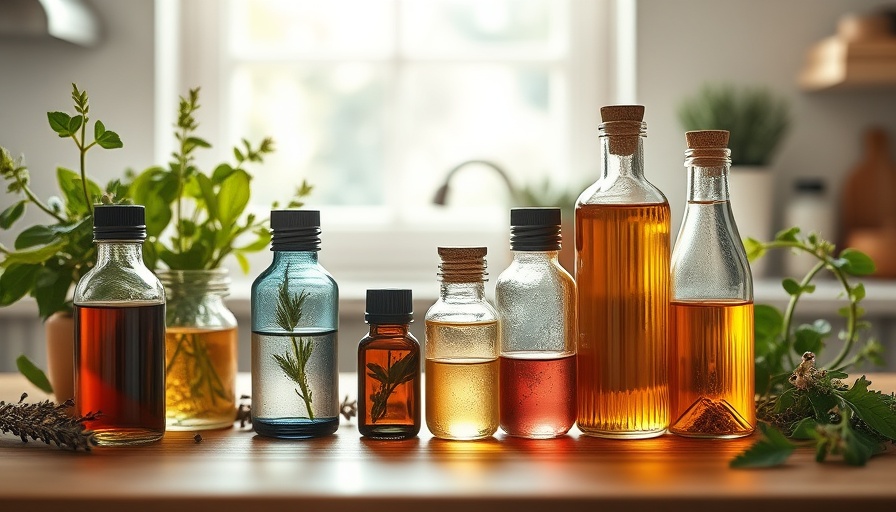
The Hidden Benefits and Risks of Essential Oils for Heart Health
Essential oils have long been revered for their therapeutic potential, from helping to alleviate stress to providing soothing scents in our homes. But as interest grows, particularly among those with heart conditions, understanding both the benefits and risks of essential oils has never been more crucial.
Essential Oils with Heart Benefits
Lavender, a staple in aromatherapy, is known for its calming effects, which can be particularly beneficial for individuals managing anxiety—a risk factor for heart issues. Past studies have indicated that the scent of lavender can lower heart rates and improve blood pressure, promoting a sense of tranquility that supports heart health.
Another oil worth mentioning is marjoram. Research suggests that this herb can help lower blood pressure by relaxing blood vessels, offering hope for those seeking natural remedies to manage their heart conditions. However, it’s essential to note that while these oils can provide benefits, how you use them is equally important.
Potential Risks Before You Diffuse
As beneficial as they can be, essential oils come with a caveat. New findings suggest that prolonged exposure to essential oils can have the opposite effect, possibly causing an increase in heart rate and blood pressure. For individuals with heart conditions, this could be particularly concerning. Keeping exposure to a minimum—ideally, less than an hour—might mitigate these risks.
Caution for Our Furry Friends
While humans might revel in the benefits of essential oils, our pets often don't share the same experience. Many essential oils, including tea tree, eucalyptus, and citrus, can be toxic to pets. Symptoms of exposure include drooling, vomiting, and lethargy, which can escalate quickly and lead to severe health issues.
Interestingly, cats are especially vulnerable due to their unique liver function, which can’t process certain compounds found in essential oils. As responsible pet owners, it’s paramount to approach essential oil use with caution, ensuring that our furry friends remain safe and healthy.
Best Practices for Safe Use
So, how can you enjoy the benefits of essential oils without putting your health— or your pet's health—at risk? Here are a few actionable tips:
Consult with Healthcare Providers: If you have a heart condition, always check in with your healthcare provider before introducing essential oils to your routine.
Limit Exposure: Avoid using essential oils for lengthy periods. Short bursts of aroma can be therapeutic without the harmful side effects of prolonged use.
Pet Safety First: If you enjoy diffusing or using essential oils, do so in pet-free areas. Secure all oils in containers that are out of your pet’s reach to avoid accidental exposure.
Real-Life Examples: When Caution Prevails
There are countless anecdotes from pet owners whose curiosity about essential oils led to unfortunate encounters. From cats experiencing severe respiratory issues after exposure to eucalyptus oil to dogs exhibiting signs of distress after being around mint-scented products, these examples serve as stark reminders of why knowledge is key.
Embrace Safe Scented Spaces
In conclusion, essential oils can be powerful tools for enhancing our well-being, particularly for heart health. Nevertheless, understanding the nuances of their effects—especially concerning our pets—is vital. By applying knowledge and responsible practices, we can create safe and pleasant scented environments in our homes.
Ensure that you're making informed choices as you navigate the aromatic world of essential oils. This way, you not only care for your heart but also safeguard the health of your furry friends.
After all, a cleaner, healthier home benefits everyone!
 Add Row
Add Row  Add
Add 



Write A Comment